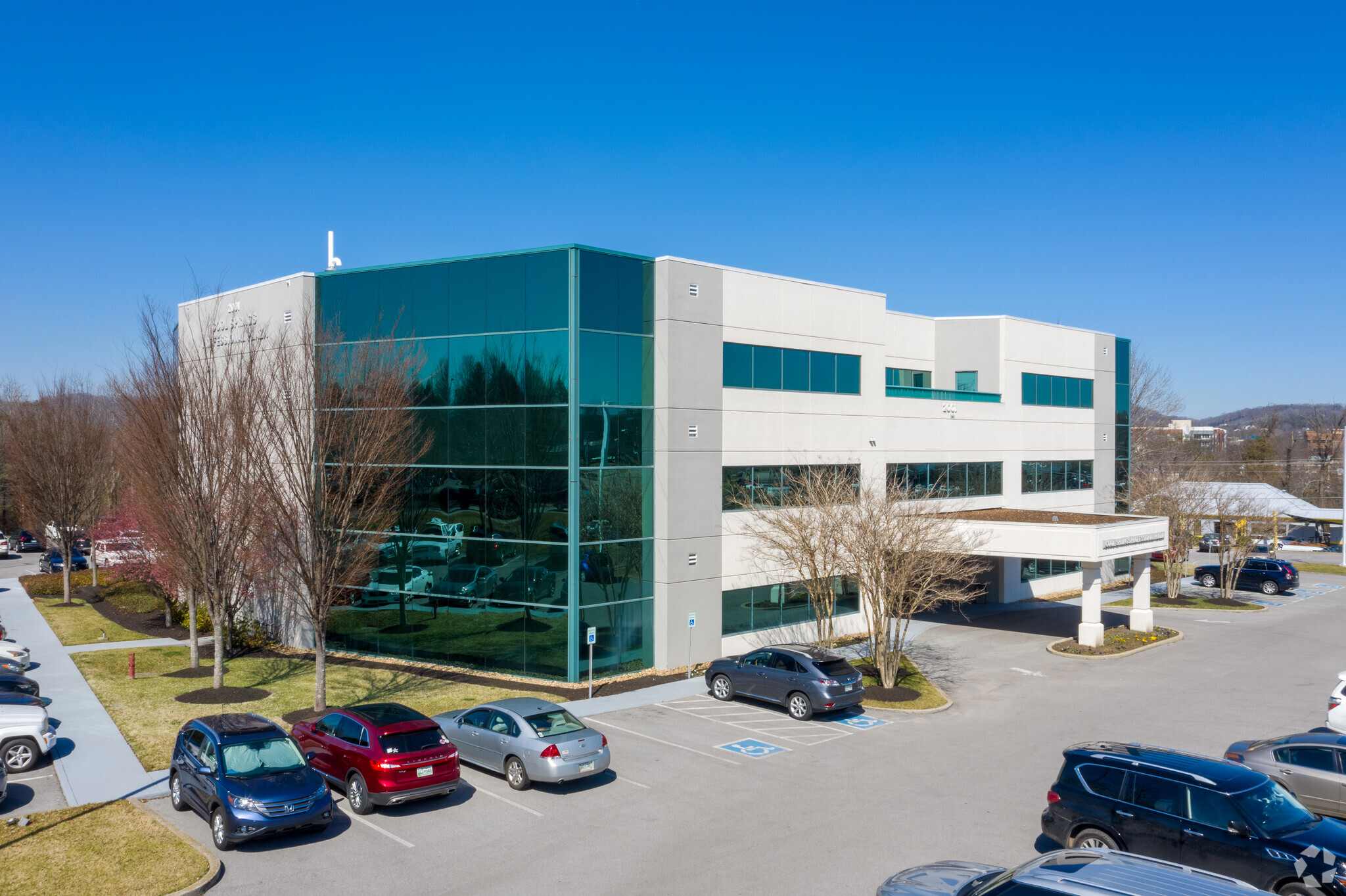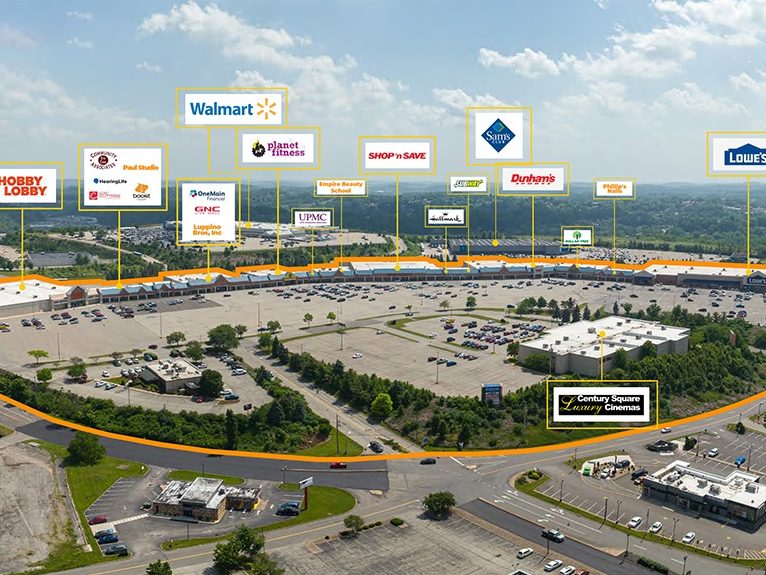Q&A: Georgia’s Supercharged Data Center Ecosystem
With the passage of House Bill 696, the state is poised to become the second-largest market on the East Coast, according to QTS Executive Vice President Butch Goldi. The industry veteran touches on the impacts and challenges of the new business landscape.
By Tudor Scolca
The state of Georgia is in for a surge of data center development, well on its way to becoming a top-tier market for IT providers and operators. In May, the Georgia General Assembly passed House Bill 696, aimed directly at data center developers and operators, four years after several large companies, along with the Technology Association of Georgia (TAG), started working on updating the state’s legislation. Governor Nathan Deal signed on the new sales and use tax bill which came into effect on June 1 and will expire in 10 years.
Georgia is already considered one of the hottest data center markets. JLL’s year-end Data Center Outlook noted 12.5 megawatts in net absorption in 2017, while also pointing out that enterprise-grade construction will continue. Last year, Switch announced a $2.5 billion project and two months ago, QTS renewed its tenant roster at one of the world’s largest data centers, while Facebook started work on a $750 million campus in Newton County, all within the Atlanta metro area. These are just some of the largest ongoing projects, with multiple other operators such as CyrusOne, T5 and Zayo expanding in the region.
Georgia H.B. 696 updates the current legislature and brings the state up to speed in terms of tax incentives for data center companies. To qualify for the 7-year tax exemption, a company must create a minimum of 20 quality jobs—full-time positions which pay at or above 110 percent of the county’s average wage on a 30-hour work week. A minimum investment threshold must also be met, depending on a county’s population. Therefore, minimum aggregate expenditures incurred over the 10-year period range from $100 million to $250 million.
Commercial Property Executive reached out to QTS Executive Vice President Butch Goldi for insight on what the new bill means for the state and the future of data center operations.
QTS has been present in Georgia for quite a while. What other benefits are there for data center operators in the state besides the new tax exemption bill and electricity costs that are below national averages?
Goldi: It starts with the power grid which in Georgia is very reliable at a very low cost. Environmental conditions are very good with low to no impact from natural disasters. There is no shortage of educated and skilled workers, particularly in Atlanta and its proximity to Georgia Tech, University of Georgia, Kennesaw State University and Georgia State University. The cost of living is below the national average and we have one of the world’s largest airports right here.
QTS worked with TAG to pioneer Georgia H.B. 696. What was the toughest challenge brought on by this project?
Goldi: It took some time to educate the state governing body to understand the impact of having new companies come to Georgia. They didn’t see the advantage due to low employee count by the data center operators. This perception starts to change when you understand how data centers create business ecosystems that benefit everyone.
Georgia H.B. 696 will be in effect until December 2028. How do you expect the Georgia data center landscape to change during this time?
Goldi: Atlanta is moving up but presently it’s still considered to be a tier-two data center city. This is changing rapidly and we expect Atlanta to move into the top 10 as CyrusOne, Switch and T5 are building new data centers, and QTS has the land to add more as needed.
How would QTS handle a potential surge of newcomers, attracted by the new piece of legislation?
Goldi: QTS has 15 acres for expansion on the Suwanee property and 16 acres in our downtown Atlanta Metro data center that we can leverage to add to our current 1.3 million-square-foot capabilities.
QTS has a foothold in other states where strong tax incentives are available, such as Virginia, Texas and Arizona. What other aspects are essential components in QTS’ expansion strategy?
Goldi: Large hyperscale opportunities drive expansion. Most Fortune 100 companies no longer build their own data centers. Service providers can do it more cost effectively and provide additional space for smaller companies that want to be near those Fortune 100 organizations.
QTS is focused on serving hyperscale demand and putting real-time information at the fingertips of our customers. With a software-defined service delivery platform that gives them access to their environment and the ability to move their existing IT spend across multiple platforms, the customer can make more educated decisions on how to manage their infrastructure.
Are there any other states which are likely to add similar legislation soon?
Goldi: We’re in the beginning stages of working with the State of Illinois. That’s the only one I know of.
What are your predictions regarding the data center market going forward?
Goldi: We will continue to see high growth in markets that make it easy to do business in. Data center demand will continue to increase across North America and we expect Atlanta will become the second largest market on the East Coast behind Northern Virginia.
Could you outline the strongest trends in the data center industry at the moment?
Goldi: Hyperscale computing is required for new business models like social media, big online retailing, gaming and self-driving cars that is driving exponential increase in demand for data center capacity. Mega data centers in metropolitan areas will become the hubs for artificial intelligence that is integral for this growth. Smaller markets will see a surge in activity and consolidation as more and more content moves to the edge, and connectivity will play a vital role in connecting everything together.
Image courtesy of QTS Realty Trust









You must be logged in to post a comment.